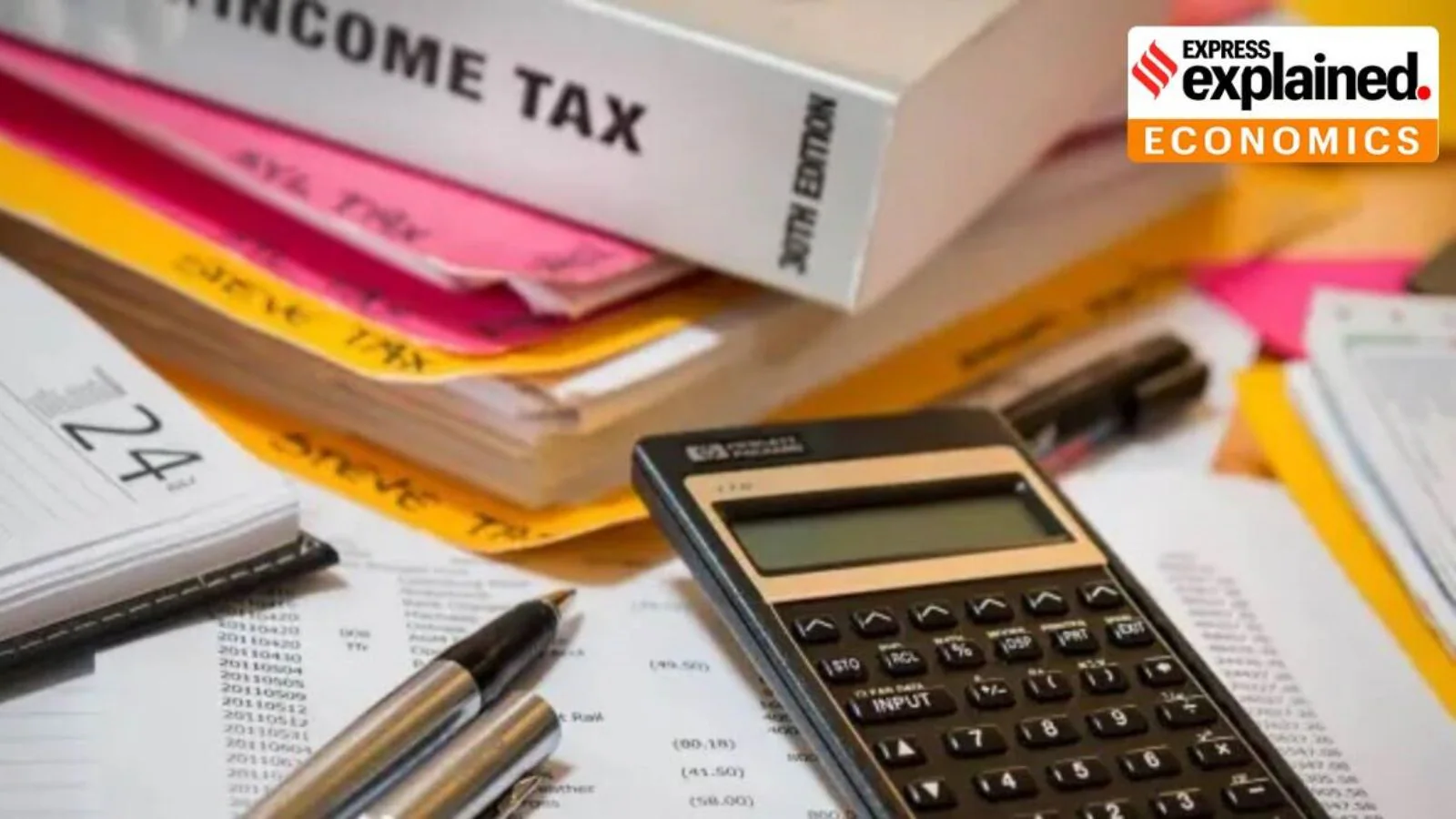 |
|
The Indian government's recent budget, spearheaded by Finance Minister Nirmala Sitharaman, reflects a significant shift in its approach towards taxpayers. The core objective, as explicitly stated, is to foster trust between the government and its citizens, particularly the honest taxpayers who form the backbone of the nation's economy. This strategy isn't a sudden impulse but rather a carefully considered measure born out of extensive pre-budget consultations. The discussions, held during December and January, emphasized the need to move beyond a purely extractive relationship with taxpayers and instead cultivate a sense of mutual benefit and collaboration. By rewarding compliant taxpayers, the government aims to address underlying issues contributing to a sluggish economy, including stagnant wage growth and lackluster private investment.
Central to this trust-building initiative are two key policy adjustments. First, the income tax rebate limit has been substantially increased from ₹7 lakh to ₹12 lakh. This directly benefits a significant portion of the taxpayer base – a whopping 1.75 crore out of a total of just over 10 crore taxpayers. Second, the tax slabs have been restructured. The highest tax bracket of 30% now applies only to annual incomes exceeding ₹24 lakh, whereas previously it applied to incomes above ₹15 lakh. This easing of the tax burden on the middle class is intended as a positive stimulus, encouraging increased spending, saving, or investment – all of which contribute to the overall economic health of the nation. The Finance Secretary, Tuhin Kanta Pandey, explicitly noted the cascading effect of these changes, stating that the benefits will be transmitted across all taxpayers, and the resulting increased disposable income will circulate back into the economy through various channels of consumption, savings, or investment.
Beyond these direct financial incentives, the government is also pursuing a broader simplification of the income tax system. A new income tax bill, slated to be introduced in Parliament, promises to streamline both the language and provisions of the tax code, making it easier for both taxpayers and tax administrators to navigate. Furthermore, a reduction in TDS (Tax Deducted at Source) and TCS (Tax Collected at Source) compliances signals a departure from a previous approach that relied heavily on capturing transactions to expand the tax base. The government's new strategy is predicated on the belief that increased economic activity and growth will naturally lead to enhanced tax buoyancy. This implies a shift towards a more trust-based system, where compliance is encouraged through incentives and simplification rather than strict enforcement and intrusive monitoring.
The government’s revenue projections reflect a calculated risk. Acknowledging the revenue foregone due to the income tax changes, the government has projected a moderate tax buoyancy of 1.42 for the fiscal year 2025-26, compared to 2 in 2024-25 and 2.65 in 2023-24. Officials are optimistic that this will pick up as economic growth accelerates. This optimistic outlook aligns with the government’s broader stated policy of “trust first, scrutinise later,” a philosophy that emphasizes fostering a climate of trust and reducing compliance burdens as key drivers of economic progress. This policy is echoed in the 2024-25 Economic Survey, which also highlighted the importance of addressing the “trust deficit” in the country and the crucial role of “deregulation” in creating a more conducive environment for economic growth. The Chief Economic Advisor, V Anantha Nageswaran, advocated for a fundamental shift, urging government agencies to actively work towards building public trust as a cornerstone of achieving a ‘Viksit Bharat’ (developed India) by 2047.
In conclusion, the recent budget amendments represent more than just a fiscal adjustment; they constitute a strategic shift towards a more trust-based relationship between the government and its taxpayers. This approach recognizes the vital role that trust plays in fostering economic growth and promoting a sense of shared responsibility between the state and its citizens. While the long-term success of this strategy remains to be seen, the underlying premise is compelling: that a more trusting, less cumbersome tax system can ultimately benefit both the government and the people it serves. The reduction in compliance burdens, coupled with the financial incentives, creates a more equitable and encouraging environment for businesses and individuals alike, potentially unlocking significant economic potential. The success of this initiative will depend not just on the government’s fiscal policy but also on its ability to effectively communicate and embody the principles of transparency and trust, ensuring that the benefits of these reforms are broadly and fairly distributed across the population.
